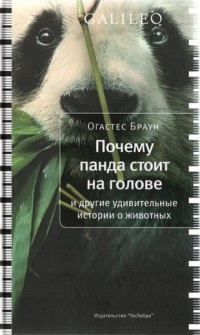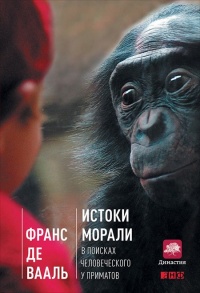Книга Достаточно ли мы умны, чтобы судить об уме животных? - Франс В.М. де Валь
Читать книгу Достаточно ли мы умны, чтобы судить об уме животных? - Франс В.М. де Валь полностью.
Шрифт:
-
+
Интервал:
-
+
Закладка:
Сделать
Перейти на страницу:
Перейти на страницу:
Книги схожие с книгой «Достаточно ли мы умны, чтобы судить об уме животных? - Франс В.М. де Валь» от автора - Франс В.М. де Валь:
Комментарии и отзывы (0) к книге "Достаточно ли мы умны, чтобы судить об уме животных? - Франс В.М. де Валь"








